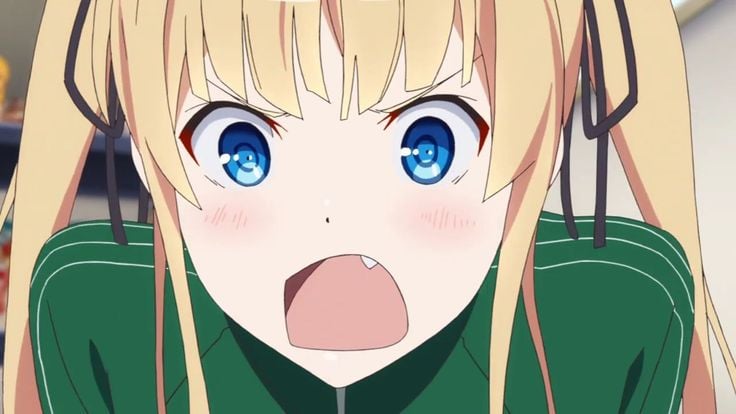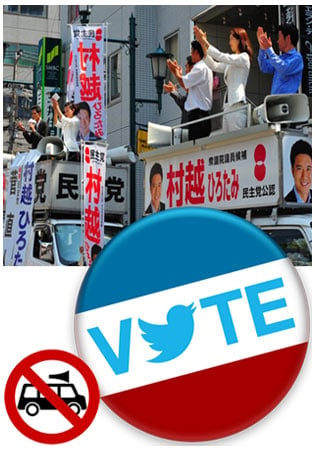One aspect of Japan I like very much is the way people are generally open to debate and free thought here. Freedom of speech is guaranteed by article 21 of the Japanese constitution, and you can express virtually any opinion in Japan without running into trouble — you can even be a communist if you like, and no one will care one way or the other. There are quite a few outstanding TV programs here which, for me, capture Japan’s tradition of free-thinking debate. One is If Ota Hikari Were Prime Minister, in which comedian (and very smart guy, in the center of the top left picture) Ota Hikari throws out various topics to be debated by different commentators, including actual sitting politicians from Japan’s major political parties. The show does cool things like, bring a studio full of children in and have them fire questions at the politicians, who struggle to match their bizarre politician’s logic against the smart insight of the kids. There’s also an interesting program called Asa Made Nama TV (Live TV Til Dawn, the lower left image, above) in which political commentator Noritsugu Watanabe is locked in a room with leading politicians where they debate various issues all night long while the cameras roll. While there are always a few touchy subjects — anything related to the Emperor or the politically connected Sokka Gakkai Buddhist religion (SGI) will be handled delicately — virtually anything else is fair game for lively debate, from Japan’s future and place in the world to whether North Korea’s nuclear program means Japan should seek nuclear weapons herself.
Sadly, this tradition of allowing free thought doesn’t seem to be the case with Japan’s neighbors, at least where I sit on this side of the Sea of Japan East Sea. I happened to see an article that South Korea was requiring all children receive mandatory education on Dokdo, the islands also claimed by Japan. It’s possible of course that this “education” will be open and free, presenting both sides of the debate fairly, but it’s far more likely it will be a brainwashing session so that 100% of Korean children believe the “proper” things about Dokdo/Takeshima. Dissent on the issue is apparently frowned upon — the author of an informative blog on the history of the dispute lost his university teaching job for daring to post evidence that was pro-Japan, something that really shouldn’t happen in a country as modern and well-educated as South Korea.
Please note, by the way, that I’m not choosing sides on the Dokdo/Takeshima issue. I believe that neither side has an iron-clad claim to the islands, which each clearly wants only to keep the other side from getting them. There’s a long history of both governments inadvertently referring to the islands as the territory of the other side in official documents, and the rest comes down to which county recorded the islands as their territory on old maps, which isn’t conclusive one way or the other. While it was definitely the policy of the Allies and Douglas MacArthur that Dokdo/Takeshima was valid Japanese territory, clearly Japan should take the realistic view and negotiate and end to the conflict. My main point is that, Koreans should be able to debate issues like this dispute calmly and rationally, instead of posting silly billboards in Texas and shouting in all-caps on Twitter and Facebook.

South Korea goes overboard with its passion sometimes.















